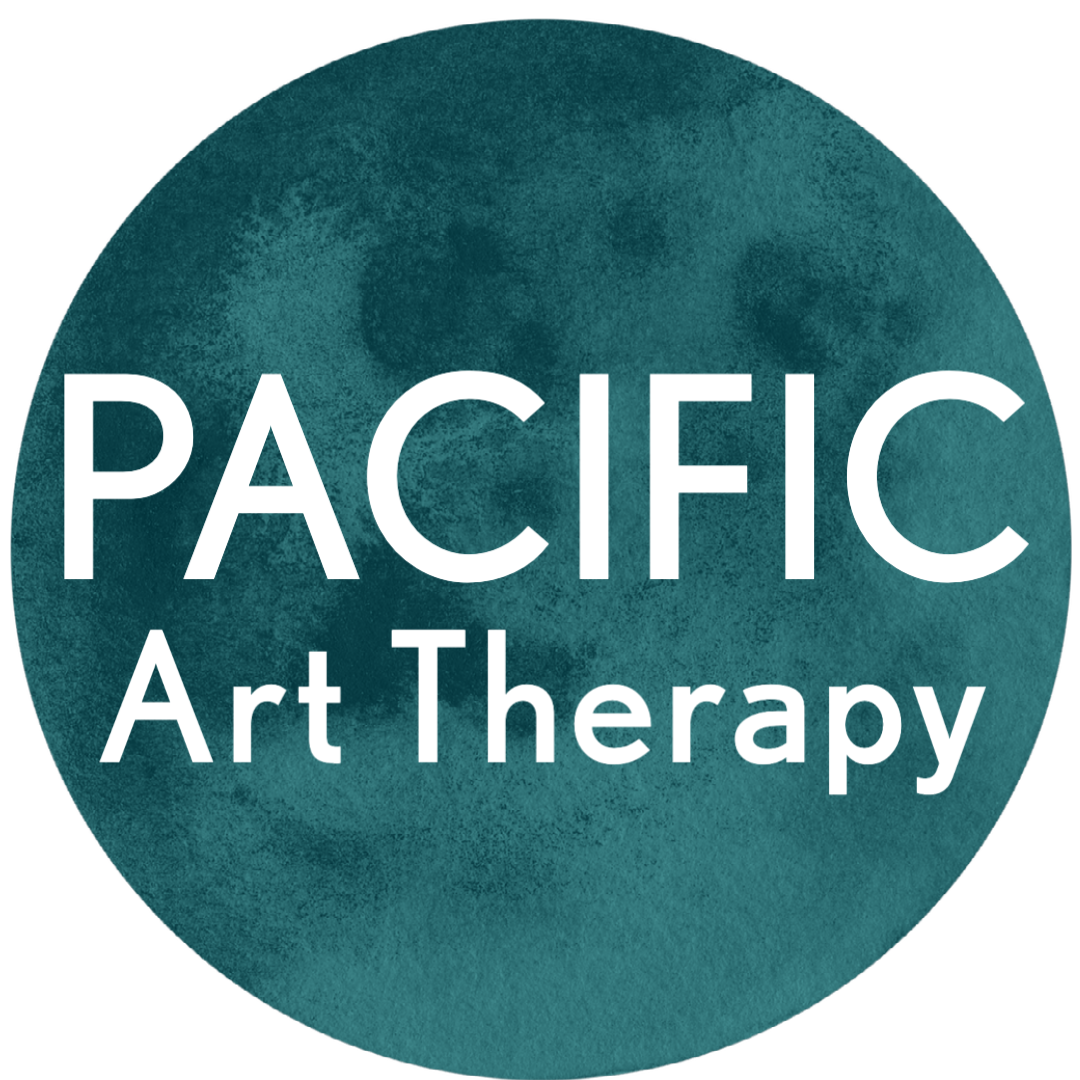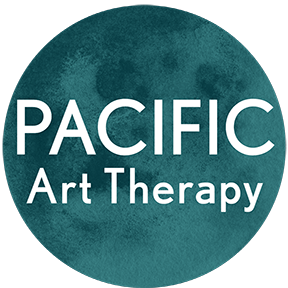
Relationship Counseling
Couples, polycules, parent & adult child, adult siblings, or other relationships
A Structured Approach
Step 1. Beginning
This phase takes time (at least 4 sessions). If you’re in a relationship “crisis”*, intensives can make it happen in one week so we can get rolling on the following steps.
Getting to know each other
Going over forms to get informed consent
+ the No Secrets Policy
Assigning an Identified Patient
Defining why you’re here
+ what your Goals are (where you want to go)
Showing me who you are
*I do not work with clients who are engaged in abuse dynamics, Domestic Abuse (DA), Intimate Partner Violence (IPV), or Coercive Control (CC).
If you are in a situation like this, please seek crisis and/or specialized social services. Sometimes people don’t realize they are involved in abusive relationships. It may come out after you have started therapy. We will likely refer you to a social worker who can help you navigate various systems.
You can also call the National Domestic Violence Hotline at 800-799-7233 to discuss whether you may benefit from social services.
Step 2. Individual Sessions
Your side of the story
In this session, you’ll meet with the therapist by yourself. This gives you an opportunity to build rapport with them independently, so you feel understood. It also offers you a chance to be more candid or honest than you might be with your partner present.
In this session we can also talk about desire discrepancies, exploring attachment, attraction, asexuality and aromantic spectrums, queerness, and relationship structure aspirations.
Step 3. Background
Going back in order to move forward
Create a detailed, 3-generation Genogram for each person
Go over the Genogram in front of your partner, telling the story of relationships in your family of origin. Chosen Family genograms are also germane to this discussion.
Make an artwork: Relationship Timeline of your past relationships
Talking about the history of this relationship: meeting, what happened, where we are now, where we want to go.
Step 4. Regulation Skills
Putting my oxygen mask on before fighting with you ☻
We will explore the Polyvagal Ladder and Polyvagal Stoplight models together.
We make a stoplight artwork each to share with our partners and display. Understanding my red/yellow/greens also has to do with Consent.
Step 5. Communication Skills
How to say what you mean, mean what you say, and don’t say it mean.
Learning the language of emotions helps us be honest with ourselves first. Understanding how to find out what is the real emotion is an Iceberg Model. If you want to research, look at EFT.
This is a critical skill if I’m going to tell you how I really feel; or if you tell me something and I need to report how I feel about it.
Using the framework of Non-Violent Communication (NVC), we will practice talking about a common issue in a new way.
Learn what’s the difference between being passive, aggressive, passive-aggressive, and direct. You may be surprised, a lot of people think direct is aggressive.
Step 6. Practice
What are the barriers that arise?
These pieces of information are then brought back to the therapy room to workshop. Sometimes there are mental health issues that need more care, such as individual therapy or medication management. One example is that OCD can really get in the way of changing habits for individuals. So, it’s often really hard to change behaviors in a relationship too.
Step 7. Decision-making
Collaborate on creating the culture you want in your relationship.
Knowing that we all have to sacrifice and that one person can’t fulfill our every need, we can make a decision to be in the relationship, sometimes one day at a time, and put in the work (on ourselves first). If you want to look into this more, research ACT.
Here we create Home Rules, dealbreakers, and set boundaries. These help us stay inside the lines, feel safe, and help our partner(s) feel affirmed.
Couples Intensives
Day 1: (5 ½ hours)
Couple Intake Session: 1 hour
Individual Sessions: 1 hour each (2 hours total with a break in between)
Couple Genogram Session: 1 hour
Relationship Timelines: 1 hour
Some couples like to just do one Marathon Day to “jumpstart” couples therapy, and then head into traditional weekly sessions. The price for these sessions is the same as if you spread it out over weeks. 5 hours = $ 1,250.00
Day 2: (4 ½ hours)
Skills Workshop & Demonstration: 1 hour
Somatic Work & Mindfulness: 1 hour
Break (30 min)
Art Therapy: Stoplights: 1 hour
Connecting & Future-orientation: 1 hour
4 hours = $ 1,000.00
Payment: A deposit of 50% is required at the point of reservation in order to secure your appointment. The remaining half is due the day of your session and is non-refundable.
Cancellations: Up to 3 days prior to your scheduled appointment, you may cancel, but deposits are non-refundable if you cancel 7 days or less prior to the appointment.






